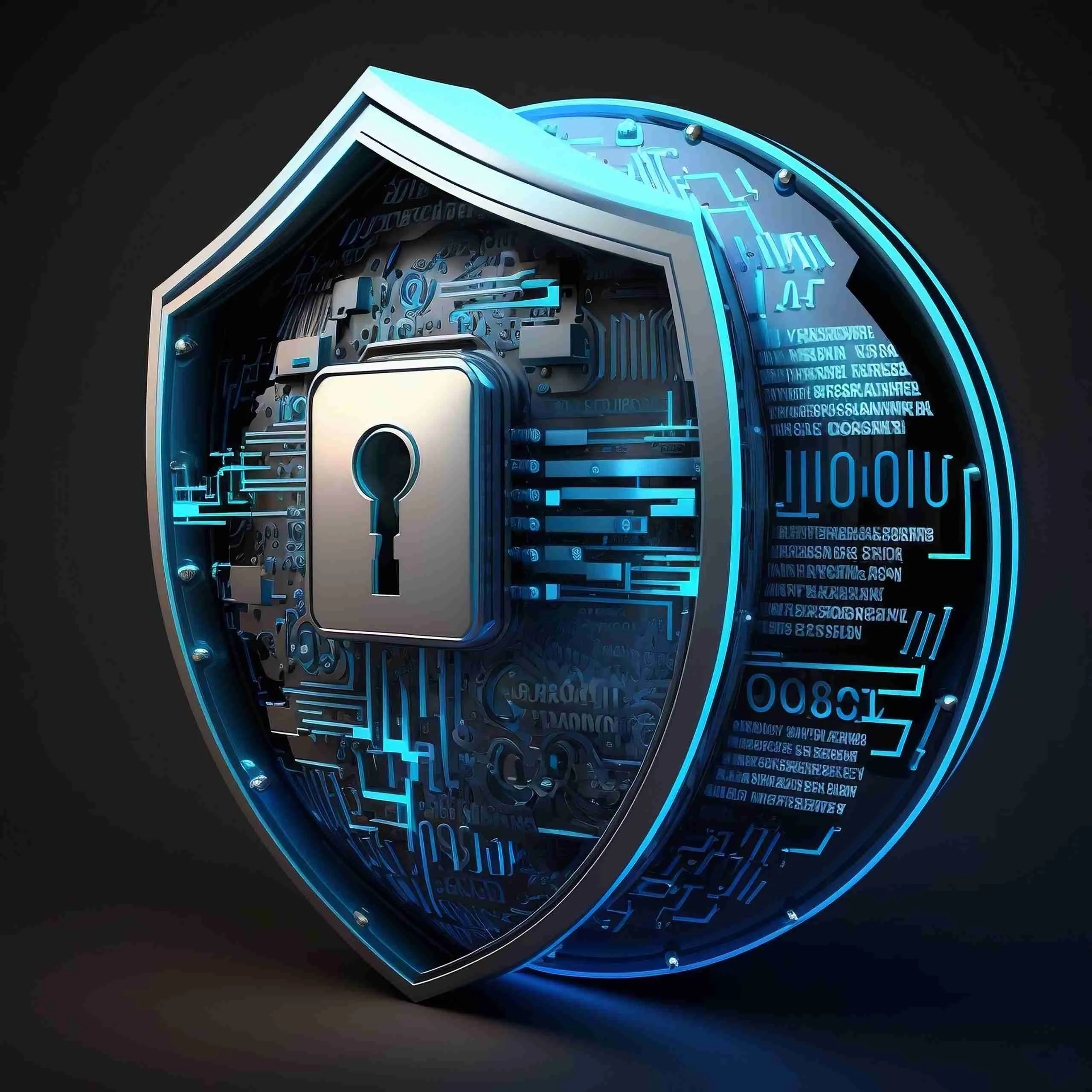Nowadays, cybersecurity is a major concern for individuals and businesses. Billions of personal and professional data are stored online, making them a prime target for cybercriminals. Yet, many people continue to adopt risky behaviors without being aware of it. In this article, we will highlight five daily gestures that can compromise your cybersecurity and give you tips to strengthen your online protection.
Using weak and repetitive passwords
One of the most common gestures that threaten your cybersecurity is the use of weak and repetitive passwords across different accounts. Easy-to-guess passwords, such as “123456”, “password”, or even your birthdate, are invitations for hackers.
Moreover, using the same password for multiple accounts increases risks in case of data breaches. If one of your accounts is compromised, the others will be as well.
Tip: Create complex and unique passwords for each of your accounts. Use password generators and managers to help you create and securely store them.
Connecting to unsecured public Wi-Fi networks
The convenience of public Wi-Fi networks is undeniable, but their use can jeopardize your personal information. Unsecured networks are often targeted by cybercriminals who spy on the data transmitted between your device and the network Additionally, malicious networks can be created to trap unsuspecting users.
Tip: Avoid connecting to unsecured public Wi-Fi networks, especially if you need to carry out sensitive transactions, like checking your bank accounts or entering personal information. Prefer using your own mobile data connection or use a VPN to encrypt your communications on a public network.
Clicking on suspicious links and downloading suspicious attachments
Phishing emails and messages are one of the main methods used by hackers to steal sensitive data. They send emails or messages that resemble legitimate communications from trusted organizations or contacts. By clicking on suspicious links or downloading suspicious attachments, you can inadvertently install malware on your device or reveal personal information. By clicking on suspicious links or downloading suspicious attachments, you can inadvertently install malware on your device or reveal personal information.
Tip: Be vigilant and do not click on links or download attachments from unknown or suspicious sources. Always verify the sender’s email address and be alert for signs of phishing, such as spelling errors, unusual phrasing, or suspicious requests.
Ignoring software and security updates
Neglecting software and security updates is another daily habit that can compromise your cybersecurity. Updates often contain essential security patches to protect your device against vulnerabilities and recent threats. By ignoring these updates, you leave your operating system, software, and apps exposed to attacks.
Tip: Set up your devices to automatically install software and security updates. Also, make sure your antivirus and antimalware software are up to date and perform regular scans to detect any potential threats.
Sharing too much personal information on social networks
Social networks have become an indispensable communication tool, but sharing too much personal information on these platforms can jeopardize your cybersecurity. Cybercriminals can use this information to guess your passwords, impersonate your identity, or target your loved ones with scams.
Tip: Think before sharing personal information on social networks and adjust your privacy settings to limit access to your posts. Do not publish information that could be used to guess your passwords or impersonate your identity, such as your birthdate, address, or banking information.
Conclusion
By adopting safer online behaviors, you can reduce the risks associated with your cybersecurity. Implementing strong and unique passwords, being cautious with public Wi-Fi networks and suspicious links, regularly installing security updates, and protecting your personal information on social networks are all simple actions that can make a significant difference.
By becoming aware of these daily actions and adopting better practices, you will be better equipped to protect your data and digital life from cybercriminals. Cybersecurity is everyone’s responsibility, and each user has a role to play in creating a safer and more secure digital environment.


